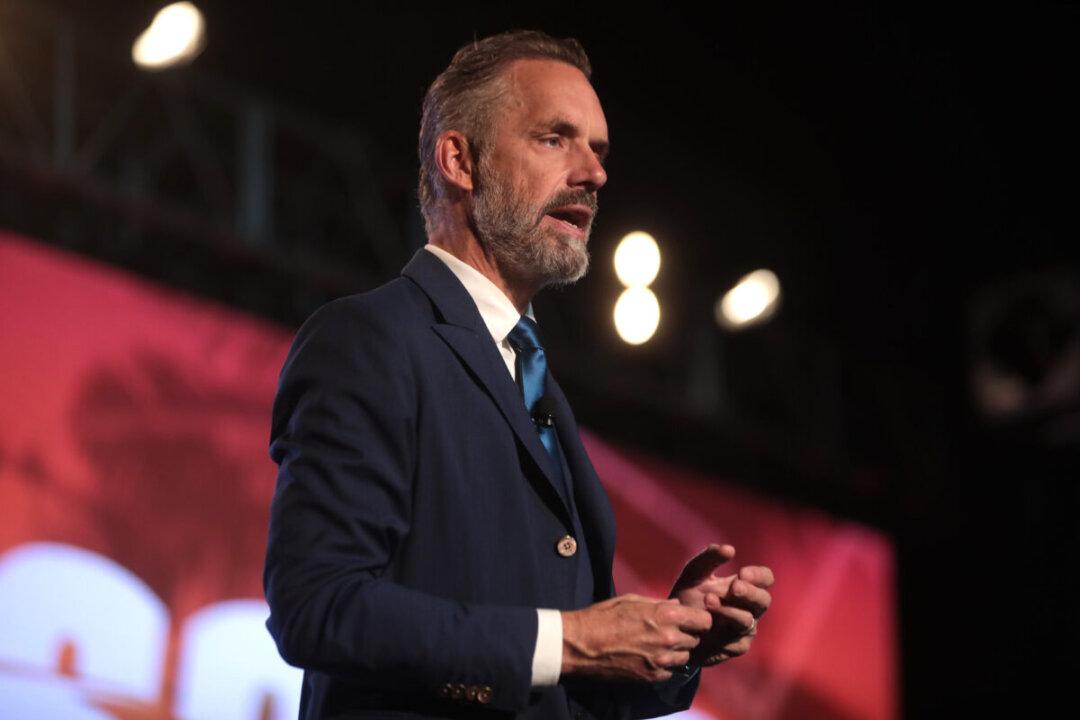Commentary
One would hope that teaching kids a coherent body of knowledge, including important historical facts and events, is a goal widely shared by educators and parents. Yet for too long, education elites have wedded themselves to theories that downplay the importance of acquiring knowledge: discovery-learning, experiential learning, inquiry-based learning, constructivist learning, and, most recently, 21st century learning.





